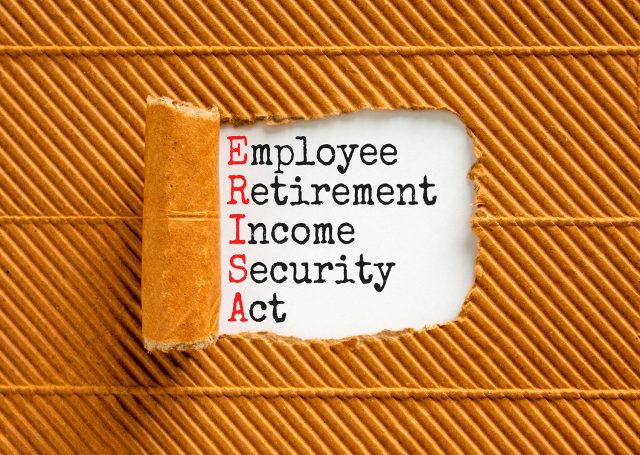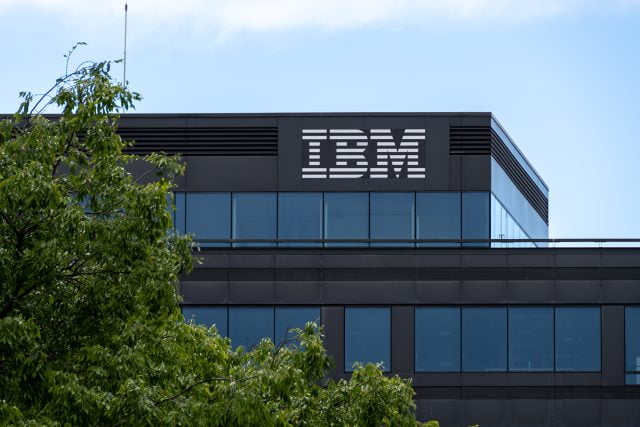
Why Are Companies Freezing Their Pensions?
Abstract
Defined benefit plans in the private sector are on the decline. And the early 21st century produced an uptick in the pace of decline driven by the financially devastating impact of the ‘perfect storm’ of plummeting stock prices and low interest rates, legislation that will require underfunded plans to increase their contributions, and accounting changes that will force fluctuations in pension finance onto the earnings statement and will likely eliminate the smoothing available under current rules. Increased volatility is not acceptable to corporate managers and may, in large part, explain why large healthy companies have taken steps to end their defined benefit plans.
In an attempt to identify factors that led specific companies to freeze their plans, this paper explores the relationship between the probability that a plan was frozen and characteristics of the plan, the firm, and the industry. The results imply that plans where credit balances are high relative to income, legacy costs are substantial and funding ratios are low have a higher probability of being frozen. That makes sense in that plans with these characteristics are likely to have the most impact on future earnings under the Financial Accounting Standards Board’s expected reporting requirements. It is reasonable to expect more plans with these characteristics to freeze in the future.







